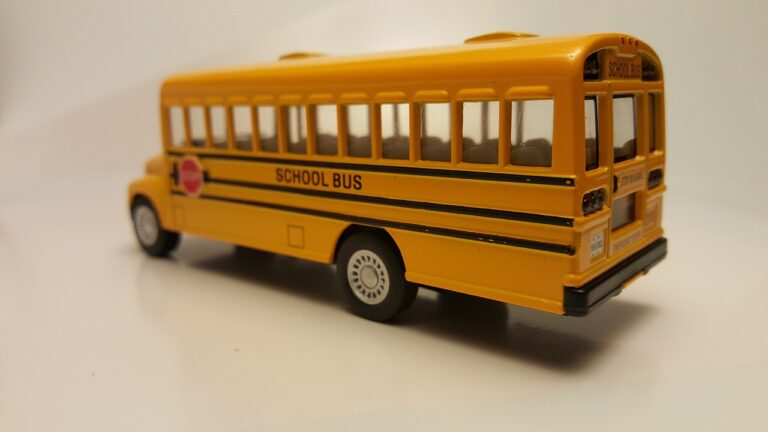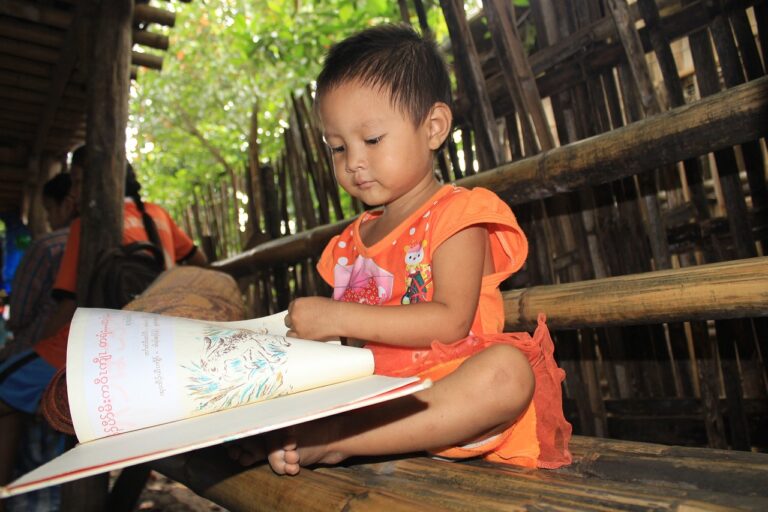Addressing Equity Issues in Access to International Baccalaureate Programs
Access to the International Baccalaureate (IB) program has become a topic of concern due to the evident disparities in participation among students. This issue has shed light on the existing barriers that hinder equitable access to this prestigious educational opportunity. Students from underrepresented backgrounds often face challenges in entering the IB program, which raises questions about the system’s inclusivity and accessibility.
One of the key factors contributing to the lack of equity in IB program access is the differential availability of resources and support for students across various socio-economic backgrounds. Students from more affluent communities tend to have better access to preparatory resources and guidance, giving them a competitive advantage in the application process. This disparity in resources further widens the gap in IB program participation rates, creating a cycle of inequity that perpetuates existing social inequalities.
Understanding the Disparities in IB Program Participation
Access to the International Baccalaureate (IB) program remains a significant challenge for many students, particularly those from underrepresented communities. While the IB program offers rigorous academic opportunities, disparities in participation rates highlight systemic barriers that hinder equitable access. As a result, certain students are disproportionately excluded from the benefits and opportunities that the IB program can provide in terms of college preparedness and academic excellence.
Key factors contributing to the disparities in IB program participation include socioeconomic status, educational resources, and representation within school communities. Students from lower-income backgrounds may face financial barriers associated with IB exam fees and course materials, limiting their ability to fully engage in the program. Additionally, schools in underserved areas often lack the necessary support systems and infrastructure to offer the IB curriculum, further exacerbating the divide in access to this prestigious educational pathway.
Barriers to Entry for Underrepresented Students
Underrepresented students face various obstacles when trying to access International Baccalaureate (IB) programs. One significant barrier is the lack of information and guidance available to these students and their families. Oftentimes, underrepresented students are not aware of the benefits of IB programs or the application process, which can hinder their ability to enroll in these rigorous academic courses.
Moreover, financial constraints pose another challenge for underrepresented students seeking to participate in IB programs. The costs associated with IB exams, materials, and other program fees can be prohibitive for students from low-income backgrounds. This financial burden can prevent underrepresented students from fully engaging in the IB program, limiting their academic and professional opportunities in the future.
What are some common barriers to entry for underrepresented students in accessing International Baccalaureate programs?
Some common barriers include lack of access to rigorous academic preparation, financial constraints, limited information or awareness about the program, and cultural or language barriers.
How can schools and educators help address equity challenges in International Baccalaureate program access?
Schools and educators can provide support and resources for underrepresented students, offer mentoring or academic assistance, advocate for equal access to IB programs, and provide information and guidance to students and families.
What are some strategies to help understand and address the disparities in IB program participation?
Strategies may include conducting outreach and recruitment efforts in underrepresented communities, offering financial assistance or scholarships, providing professional development for educators on equity and inclusion, and creating a supportive and inclusive school culture.
How can policymakers and education stakeholders work together to reduce barriers to entry for underrepresented students in IB programs?
Policymakers can allocate resources and funding to support underrepresented students, implement policies that promote diversity and inclusivity in education, collaborate with schools and communities to address systemic inequities, and monitor and evaluate progress towards increasing access to IB programs.





